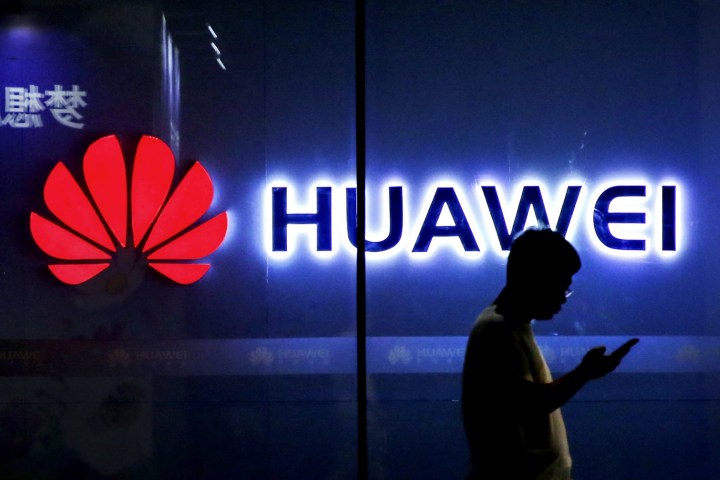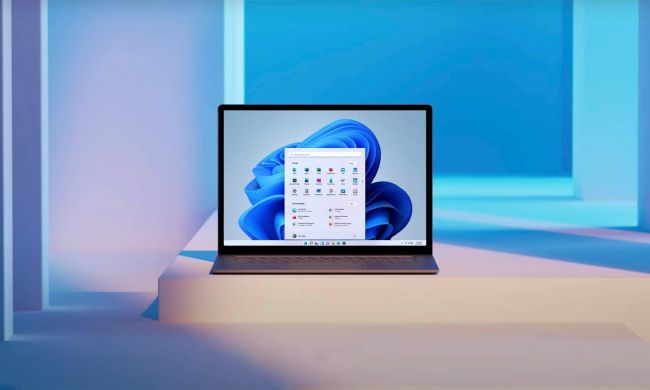
Leaked employment records suggest Huawei employees have close ties with China’s military and intelligence agencies, according to a new report. The revelation puts the tech giant in a tight spot as it faces increased scrutiny from the United States.
A new analysis of leaked Huawei staffer CVs showed links between the tech company and China’s military, particularly its cyber agencies, according to The Telegraph.
The Henry Jackson Society, a London-based thinktank, along with Christopher Balding, an associate professor at the Fulbright University Vietnam, claimed that about 100 Huawei staff had close connections to the Chinese military and intelligence agencies.
“These CVs are a treasure trove. We extracted Huawei specific CVs and what we believe we found is a strong relationship between Huawei and all levels of the Chinese state, Chinese military and Chinese intelligence,” Balding told The Telegraph. “This to me appears to be a systemized, structural relationship.”
The study further revealed some of the Huwaei staff worked as agents within China’s Ministry of State Security, and showed ties with People’s Liberation Army (PLA) and Chinese Army’s National University of Defense Technology (NUDT) for various projects. Some staff also studied in top military academies, and had links to a military unit known for cyberattacks on US firms. Former President Barack Obama had put a ban on American firms from selling their technology to NUDT, which is known as China’s leading military academy.
The U.S. Department of Commerce put Huawei on its “Entity List” in May, which banned the company from buying parts from American companies without U.S. government permission. The Trump administration has said Huawei’s closeness with the Chinese government could make them a security risk, with some going so far as accusing Huawei of helping the Chinese spy on the U.S.
Dr. John Hemmings, Director of the Asia Studies Centre at the Henry Jackson Society, told the Telegraph: “Despite repeatedly claiming to not collaborate with the PLA or Chinese security services, this data trove indicates a cross-over and interaction between Huawei, its staff and these very bodies.”
The study also showed that 11 Huawei staff were graduates of PLA’s Information Engineering University, a military academy in China known for “information warfare research.
Balding leaked the 25,000 Huawei CVs after discovering that they had been uploaded to a Chinese job online recruitment platform and were largely accessible by the public.
Huawei was not able to confirm that the CVs were authentic, but called the report “speculative,” according to Business Insider.



